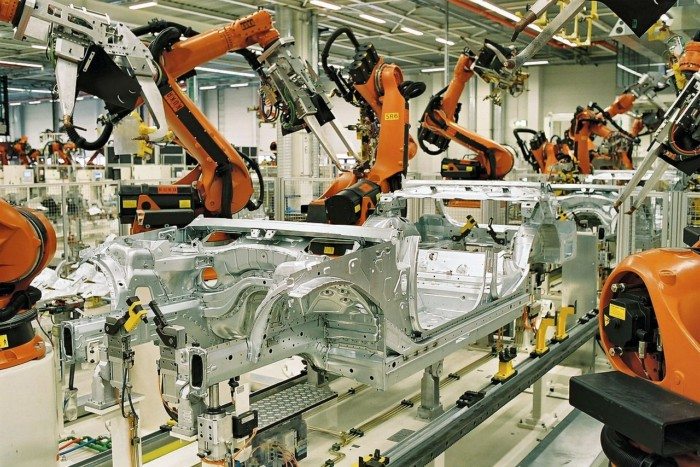Tesla: Time to Invest?
Exciting, innovative, fresh. Just three ways in which Tesla is often referred to in today’s world. But as is so often the question surrounding an upcoming business in an upcoming market – is it promising? In other words; ‘should I be investing in this company?’
On the one hand, Tesla and CEO Elon Musk appear to be in the leading pack of the race towards fully-autonomous cars – a market predicted to be worth £900 billion by world-leading law firm DLA Piper. Indeed, it was only back in May of this year when Goldman Sachs upgraded its recommendation on Tesla’s stock from ‘hold’ to ‘buy’, setting a price target of $250 when the stock price was then valued at $208. At the time, Goldman predicted a 22% rise in six months, yet five months down the line the stock price has decreased to a value marginally remaining above the $200 line. In fact, for over two years Tesla’s stock has flirted around and in between the $200 and $250 marks, falling as low as $151 in February this year.
Nevertheless, the future is potentially bright.

Tesla’s stock is posing a high risk to investment
On the other, there is an abundance of reasons underlining why Tesla’s stock poses a higher risk investment than some of its competitors. Most notable are Google who, having already racked up over 2 million miles of autonomous driving on public roads in their self-drive cars, are the clear market leaders in the autonomous vehicle (AV) industry. In competing with a company as established and sizeable as Google, the relatively new Tesla will naturally have their work cut out in winning over investors. Poor methods of fundraising at Tesla have already displeased current shareholders when the company issued more stock earlier this year. Further problems threatening Tesla’s future include loss of confidence over reducing the cost of its pricey batteries, the loss of market position for electric car sales as other competitors enter the market, and the lack of development in the company’s supply chain. Indeed, after announcing the release of one of 2017’s most anticipated car – the Tesla Model 3 – and receiving 400,000 pre orders, Musk clearly needs to step up the company’s current production figures if it hopes to compete with market leaders as it claims any new orders wont arrive until mid-2018.
Nevertheless, the future is potentially bright. The company predict the backlog of orders on the Model 3 could account for almost £10bn in sales whilst it also forecasts demand for the already-popular Model S will remain strong. Furthermore, Tesla are set to offer the most affordable product in the AV industry, with prices for the Model 3 – the first commercially available car to include the necessary hardware for full autonomous driving – rumoured to be around £30,000 plus extras. There is much potential in Tesla’s energy sector too, with investors eyeing up upcoming construction milestones at Tesla Energy’s Gigafactory in Nevada where the company makes its batteries and lithium-ion cells technology. Combine all this with Tesla’s alluring image of a young, innovative company whose scarcity of products is seen as a selling point, and it’s clear to see why, in the long term, an investment in Tesla will prove to be a rather promising one.

Comments (1)
you are a greater investor but what the secret behind to reach at that level?